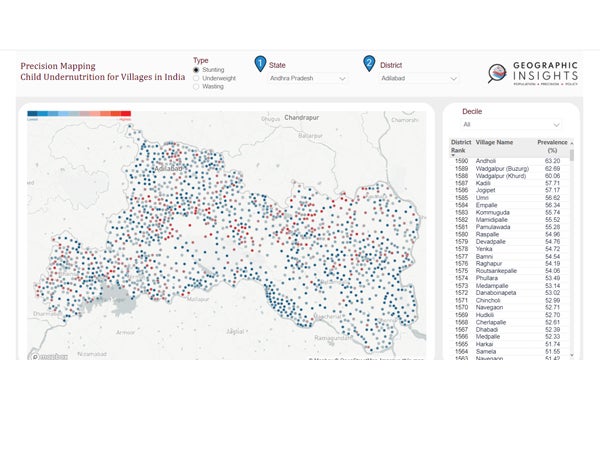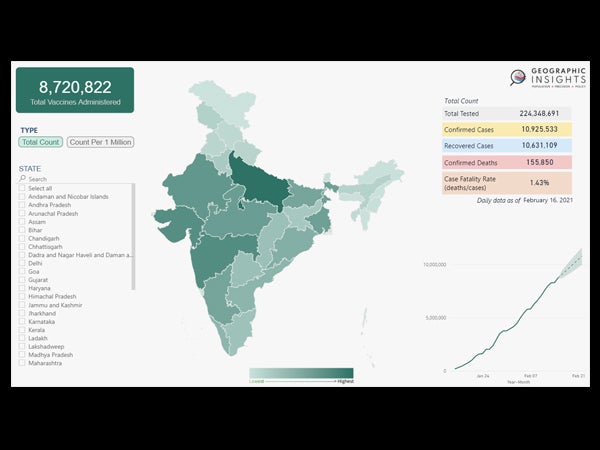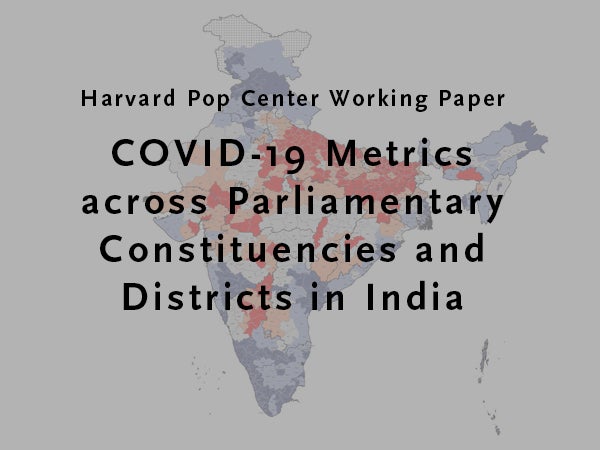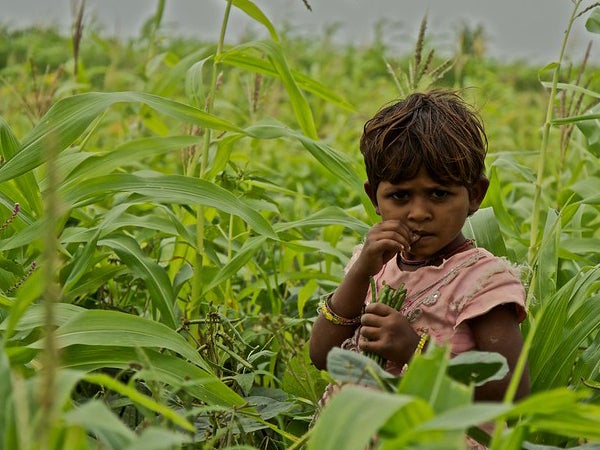Accurate vital statistics, such as birth and death records, are essential in order to identify mortality risk factors and monitor the performance of health policies. Although mortality registration has historically been incomplete in many low- and middle-income countries, there are signs that it’s improving. Harvard Pop Center Bell Fellow Aashish Gupta, PhD, has co-authored a study that utilizes individual-level registration data from Kerala MARANAM (Mortality and Registration Assessment and Monitoring)…
Gender norms in rural north India may play role in slow adoption of cleaner, government-endorsed fuel sources for cooking
Harvard Bell Fellow Aashish Gupta, PhD, and colleagues have published a study in World Development that indicates that despite the government promoting the uptake of cleaner fuel (liquid petroleum gas) for cooking in rural north India, the majority of households are still using solid fuel, which poses health risks due to air pollution.
Mass vaccination campaign in India may have contributed to spike in cases
Professor S (Subu) V Subramanian, PhD, has authored a comment in The Lancet Global Health in which he cautions that the mass vaccination campaign in India may have contributed to the recent increase in COVID-19 cases there. He urges leadership in India to rethink its vaccination strategy to reduce virus spread by preventing overcrowding and enforcing non-pharmaceutical interventions, such as masking and social distancing, at vaccination centers. On IndiaToday.com, Subu…
Continue reading “Mass vaccination campaign in India may have contributed to spike in cases”
“In India, anything and everything is a super-spreader event”
Harvard Pop Center faculty member S (Subu) V Subramanian, PhD, tells The Harvard Gazette that “in India, anything and everything is a super-spreader event.” A visualization dashboard of COVID-19 vaccine distribution in India by Subramanian’s Geographic Insights Lab was also cited by The New York Times in an article describing the recent and devastating surge of infections in the county.
First study to map child undernutrition in India by village shows greatest variation at these micro levels
A study published in PNAS by Harvard Pop Center Visiting Scientist Rockli Kim, ScD, faculty member S V Subramanian, PhD, and colleagues that utilizes “state-of-the-art data science techniques” to map and predict child undernutrition across the nearly 600,000 villages in India now provides governments at the most local level with this critical information about their constituents. To learn more about the potential value of such breakthrough, precision mapping, read the…
Geographic Insights Lab rolls out two new interactive dashboards: one for tracking NFHS data in India, the other for COVID-19 vaccination by U.S. congressional district
The National Family and Health Survey (NFHS) provides critical data on India’s health, nutrition, and population indicators. The Government of India utilizes many of these indicators to formulate policies and track its progress. The team at Geographic Insights Lab presents an interactive dashboard that systematically allows multiple stakeholders to compare 55 indicators for 300+ districts in India. These indicators can also be compared across 300+ Parliamentary Constituencies in India with…
Geographic Insights Lab presents LIVE COVID-19 vaccine rollout dashboard for India by state
The Geographic Insights Lab is an initiative committed to improving public policies by honing in on targeted geopolitical units (such as congressional districts in the U.S. and parliamentary constituencies in India) in order to mine more precise population health and development data. This Lab, led by S V Subramanian, professor of population health and geography at Harvard T.H. Chan School of Public Health, has launched a new project that provides…
Estimating COVID-19 across Parliamentary Constituencies and districts in India could facilitate better, evidence-based policy decisions
This Harvard Pop Center Working Paper presents the first estimates of COVID-19 cumulative cases and deaths per 100,000 population, and the case fatality rate (CFR) from January 7 – October 18, 2020 across 543 geopolitical units (Parliamentary Constituencies) and 721 districts of India.
Geo-mapping risk of COVID-19 in India
A paper published in a special edition of the Harvard Data Science Review utilizes geo-mapping to identify high-risk areas for the spread of COVID-19 across the Districts and Parliamentary Constituencies of India. The researchers focus on four risk correlates including: population density percentage of population that is exposed to crowding in a household, percentage of population without access to handwashing facilities percentage of population over 65 years of age These…
Children living on edge of malnutrition in India at greater risk of “food shocks” during national lockdowns to curb COVID-19
With one out of two children in India suffering from one form of malnutrition, there are many more who are hovering just above that threshold. The findings of this paper published in the Journal of Global Health Science estimate that even a slight shock to body weight could result in a significant uptick in cases of underweight and wasting. Study authors Sunil Rajpal, William Joe, and S V Subramanian make…







